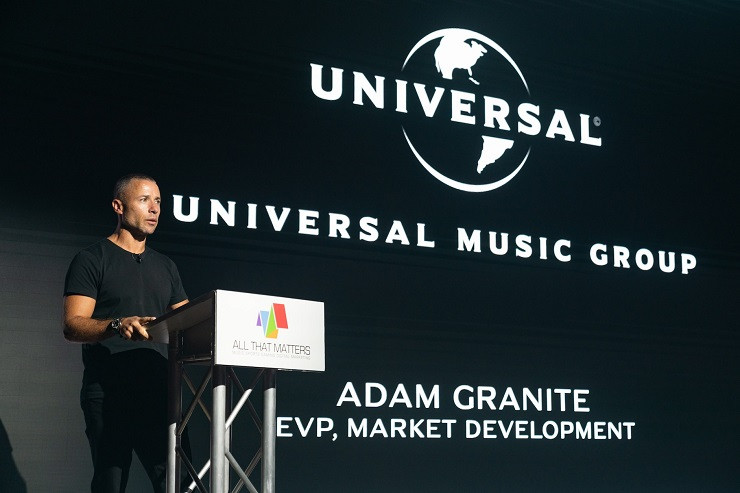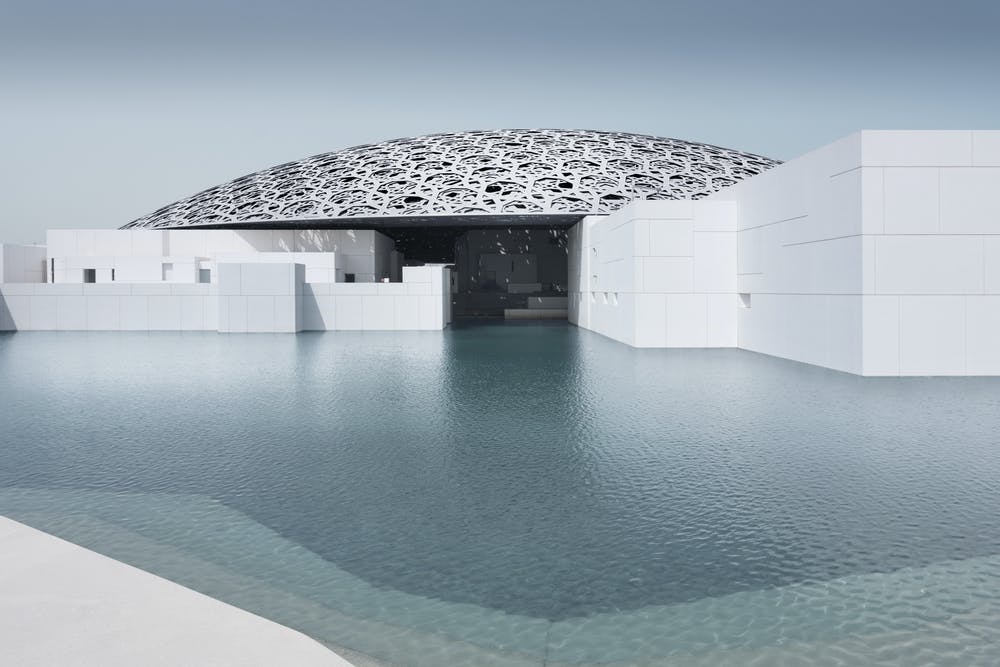Universal Music Group (UMG) announced on Tuesday that it has expanded its global network operating in over 60 countries to include two new offices in the MENA region, becoming the first major music label to establish offices in Morocco and Israel.
UMG is the world’s leading music company and is home to some of the largest and most famous labels and brands in the world. Included in UMG’s repertoire are Abbey Road Studios, Capital Music Group, and EMI.
Artists represented by UMG include The Rolling Stones, Kanye West, Queen, Nicki Minaj, Arianna Grande, Nirvana, and Bon Jovi. The depth of experience, marketing opportunities, and networks that the UMG brand will share with local artists could be transformative for the music scenes in Morocco and Israel.
UMG in Morocco
The company’s Moroccan office is based in Casablanca and will work to ensure that North African artists have exposure to the global market. The office will also develop creative and commercial partnerships and work with Universal Music France (UMF) on key projects.
UMF already represents a number of French-language artists from the region, including Algerian rapper Soolking and Moroccan rapper Issam.
Announcing the new offices UMG’s MENA region CEO Patrick Boulos said, “within Morocco and their immediate neighbors, there is a wealth of untapped artist talent and we are excited to introduce these unique sounds to global audiences, platforms and partners.”
UMG has identified traditional Arabic music and rap music front the Maghreb as core focus areas for the new office.
UMG in Israel
In Israel, UMG will be based in Tel Aviv. Incoming UMG Israel CEO Yokam Mokady has big plans for the new office, outlining that “UMG will look to identify, sign and develop the best domestic artist talent.”
Both offices will work closely with UMG’s regional headquarters in Dubai.



